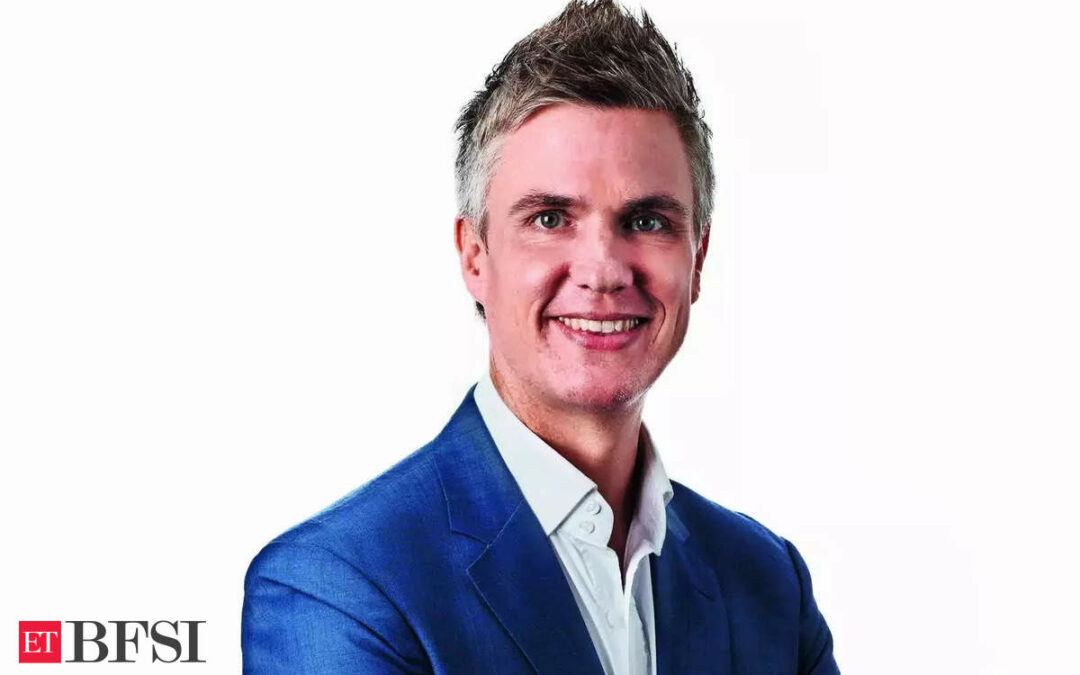Mumbai: DBS Bank, which had planned 60% growth this year for its one billion Singapore dollar Environmental Social and Governance (ESG) finance book in India is far ahead of that target, with the country featuring in the top three markets for the foreign lender, a top executive said.
“We had said previously that we crossed the 1 billion SGD mark for DBS Bank India’s ESG financing book at the end of 2023 here in India. Then we said that we want to grow this by 60% by the end of CY2024,” Helge Muenkel, chief sustainability officer, DBS Bank said to ET.
“If I look at our position as on April 2024, we are massively ahead of plan. We are going to grow our ESG financing for India clients by a much greater quantum than the 60% that we had set out for this year,” he said.
On Monday, 1 Singapore dollar was equal to ₹61.84, Reuters reported.
According to Muenkel, the six biggest markets for DBS in the ESG finance space are India, Indonesia, China, Hong Kong, Taiwan and Singapore. Out of this, India ranks among the top three, he said.
At a little above 1 billion Singapore dollars DBS Bank’s ESG financing book for Indian clients in December 2023 was 40% higher than the size of the book as of December 2022.
In FY23, DBS India reported a 37% on-year increase in its net profit to ₹228 crore, with the lender’s customer assets at ₹50,701 crore, registering year-on-year growth of 10%.
“I’ve just been here a few days, I met the regulators, I met our clients… people really put money where their mouth is, a lot of really good discussions also with so-called hard-to-abate sectors,” Muenkel said referring to sectors such as steel and power, where it is traditionally considered a challenge to bring down greenhouse gas emissions.
Speaking about recent ESG transactions here in which DBS played a role, Muenkel listed out a sustainability-linked loan done with Tata Communications, an education financing loan done for HDFC Credila as well as social loans done for Shriram Finance.
Going ahead, DBS Bank’s key focus for ESG finance in India is the renewable energy space followed by telecommunications, mobility and agriculture, Muenkel said.
“What I found really encouraging in the last few days were the discussions we had on battery storage, the discussions we had on pumped hydro because as we all know, it’s not enough to invest in renewable energy, you do need to invest in energy storage and of course, you need the grid,” he said.
Over the past year, the Reserve Bank of India has on multiple occasions emphasised the need to transition towards an environmentally sustainable economy.
In February this year, the RBI released a draft disclosure framework for regulated entities on climate-related financial risks, with the central bank calling for better disclosures so as to prevent mispricing of assets and misallocation of capital.










